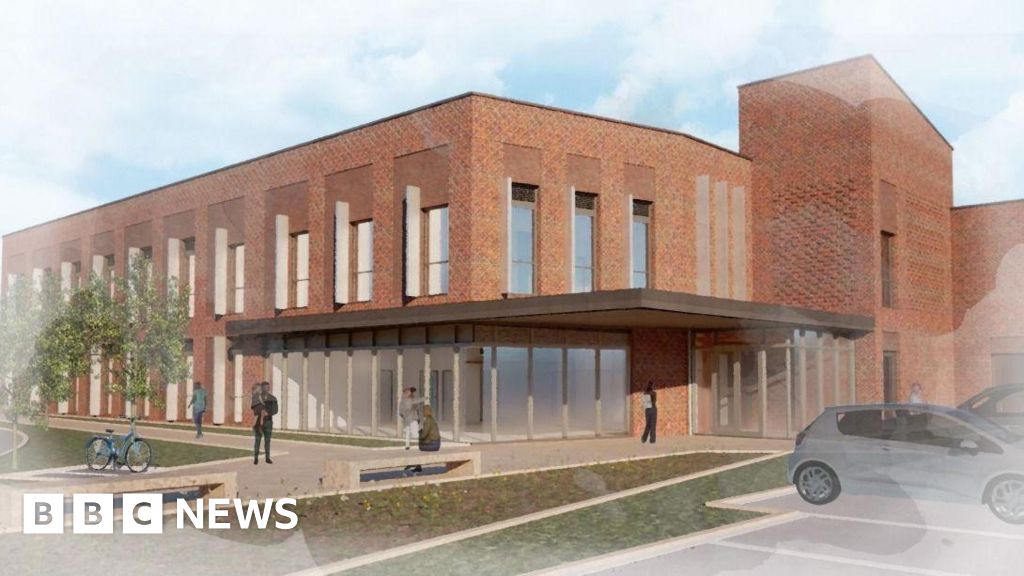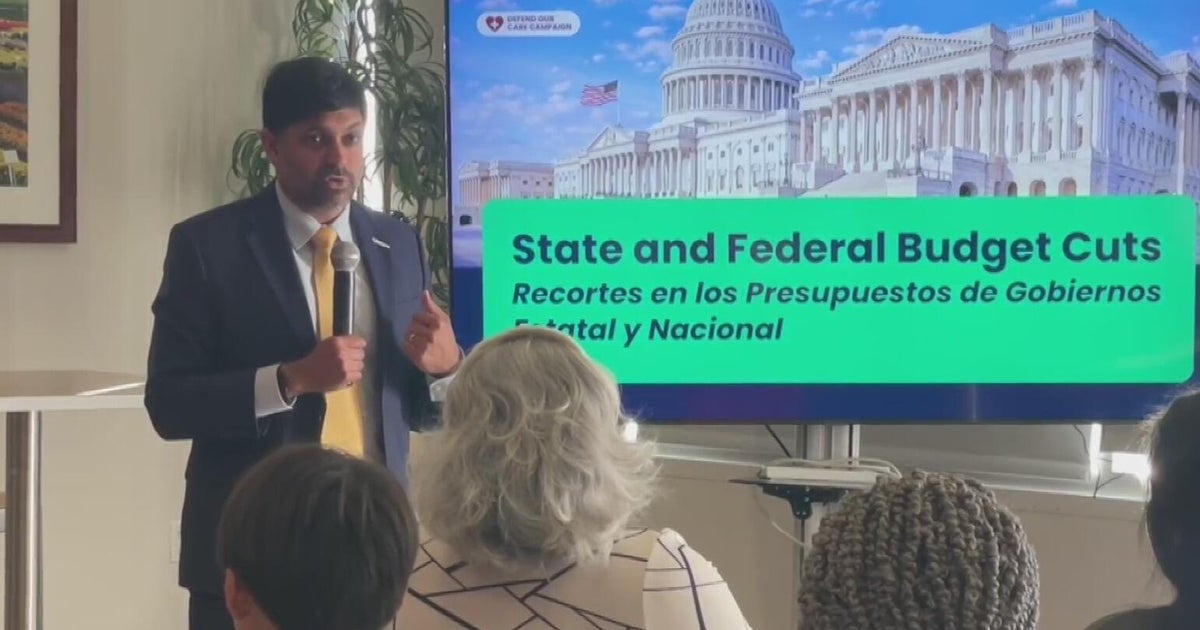Mass Layoffs at CDC & AI Strategy Shift: Inside the Trump Administration's Final Moves

As the Trump administration winds down, significant changes are underway at key federal agencies, impacting both public health and technological advancement. This article delves into the finalized layoffs at the Centers for Disease Control and Prevention (CDC) and a notable shift in the administration's approach to artificial intelligence (AI) development, particularly concerning competition with China.
Thousands of CDC Layoffs Finalized
In a move that has sparked concern among public health experts, the Trump administration has finalized plans for thousands of layoffs at the CDC. The exact number and impact of these cuts remain a subject of debate, but the move comes as the agency grapples with the ongoing COVID-19 pandemic and prepares for potential future health crises. Critics argue that these layoffs will severely hamper the CDC's ability to respond effectively to public health emergencies and undermine its crucial role in protecting the nation's health.
The timing of these layoffs, occurring amidst a global pandemic, has drawn particularly sharp criticism. Many believe that now is precisely when the CDC needs to be strengthened, not weakened, to monitor the virus, develop treatments, and ensure equitable distribution of vaccines. The long-term consequences of these cuts on the agency's capacity and reputation are yet to be fully understood.
Shifting Gears on AI: Retreat from China Competition
Beyond the CDC, the administration is also reportedly stepping back from a key initiative aimed at maintaining a competitive edge over China in the field of artificial intelligence. Initially, the U.S. government had expressed serious concerns about the potential for the Chinese military to leverage advanced AI chips for military coordination and weapons development. This spurred efforts to proactively safeguard U.S. leadership in AI systems.
However, recent reports suggest a change in strategy. The administration appears to be scaling back its aggressive pursuit of this competitive advantage, signaling a potential shift in priorities. While the reasons behind this change are not entirely clear, it may reflect a reassessment of the feasibility or effectiveness of the original approach, or perhaps a desire to avoid escalating tensions with China.
Why the Shift Matters
The decisions regarding both the CDC layoffs and the AI strategy have far-reaching implications. The weakening of the CDC could leave the nation vulnerable to future pandemics and erode public trust in public health institutions. Similarly, a retreat from competition in AI could cede ground to China, potentially impacting U.S. economic competitiveness and national security in the long run.
Looking Ahead
As the Biden administration prepares to take office, these developments will undoubtedly be a key focus. The incoming administration will face the challenge of addressing the fallout from the CDC layoffs and reevaluating the U.S. approach to AI competition with China. The decisions made in the coming months will shape the nation's future in both public health and technological innovation.





